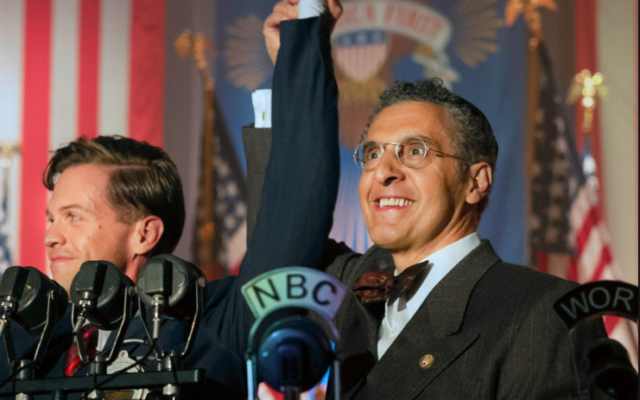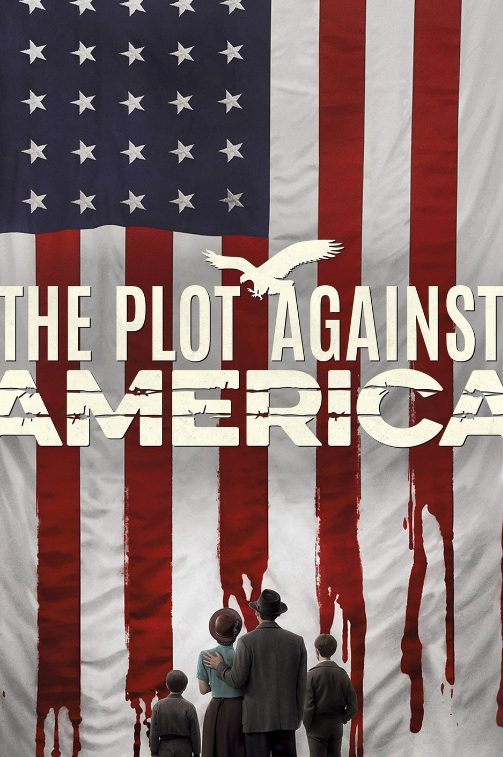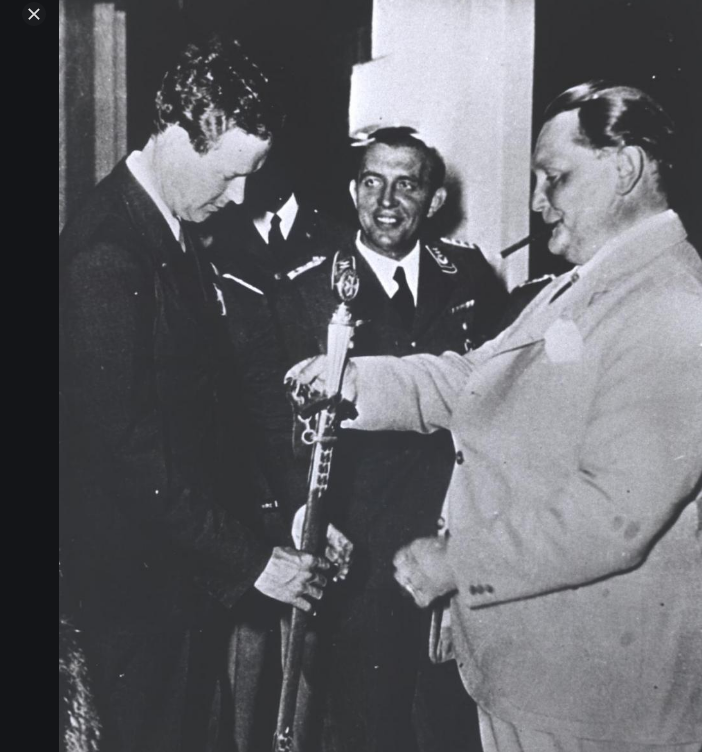‘The Plot Against America’ Explores Power of Fear
HBO mini-series adapts Philip Roth's novel.

“That’s how it happens: everyone is afraid.”
This single line of dialogue, spoken by Bess Levin, one of the central characters in HBO’s new mini-series, “The Plot Against America,” neatly summarizes the overall tone of this adaptation of Philip Roth’s critically acclaimed novel.
The series, which first landed on HBO on March 16 as the coronavirus was terrifying millions, takes its audience back to 1940 as the world was facing the prospect of another deeply unsettling event, World War II.
In six weekly episodes, the fascinating series poses an intriguing, “what if” scenario. Instead of a third term election victory by President Franklin Roosevelt, what if the election winner is Charles Lindbergh, a popular American hero who manifests a strong streak of anti-Semitism and a fondness for Adolf Hitler?
In some respects, the fanciful notion that America could elect a president 80 years ago who openly blamed Jews for trying to drag America into a brutal and punishing war was not quiet as unbelievable as it first seemed.
Eric Goldstein, who heads the Tam Institute for Jewish Studies at Emory University, maintains that the years leading up to World War II were precarious times for American Jews.
“The inter-war period between World War I and World War II is really the height of American anti-Semitism,” he pointed out. “And it continually increased right up to the beginning of the war.” World War II, that is.

In addition to Lindbergh, who had received an elaborate diamond encrusted military decoration and sword from the Nazi leader Hermann Goering, there were the weekly national radio broadcasts by the Catholic priest, Father Charles Coughlin, that blamed Jews for many of the world’s problems, and Fritz Kuhn, the outspoken American Nazi leader of the German-American Bund.
Among the high points of the anti-Jewish movement was a 1939 rally that attracted 22,000 Hitler supporters and Americans opposed to American participation in another war. They filled New York City’s Madison Square Garden while 100,000 counter-protestors demonstrated outside. A documentary short about the rally, “A Night at the Garden,” won an Academy Award last year.
For Goldstein, a distinguished historian of Jewish American life, it was a time of rising tension and fear.
“There was a lot of technological innovation, a lot of urbanization, and I’d say traditional communities began to lose their hold on young people,” he said. “It was also a time of cultural change, which frightened a lot of people”
The series and Roth’s book, are a searing examinations of how fear affects one Jewish family who live in the largely Jewish community of Weequahic in Newark, N.J., where Roth grew up.
The creator of the series, David Simon, is among the most respected producers of intensely dramatic television. He has created such award-winning series as “The Wire,” “The Deuce” and “Treme.”

Simon grew up Jewish in the Washington, D.C., suburb of Silver Spring, Md., and he has given this, his first series based on American Jewish life, an existential twist.
As we watch the unraveling of American democracy back then, he asks, how would each of us have responded? In one of a run of promotional podcasts about the series by HBO, Simon stressed what he believes is the central question of Roth’s work.
“This is a book that is about the spectrum of resistance and complicity in a time of political upheaval and a time where right and wrong are delivered to everybody’s doorstep,” Simon said.
Important as the question is, American Jews of the time are portrayed as relatively powerless to exert much influence. In both the make-believe scenario that the HBO series presents and in the real world of American history, American Jews in the early 1940s came up short.
“Whatever power they had was very limited,” according to Goldstein, “and it was tempered by the fact that they very much wanted to fit in and be accepted. So they had to be diplomatic and ultimately, there was a limit to their influence.”
All of this merely serves to multiply the sense of fear that pervades this dramatic HBO series about the imaginary decline of American democracy at such an important turning point in history and the realization of the immense power that fear can exert over our lives, then and now.



comments